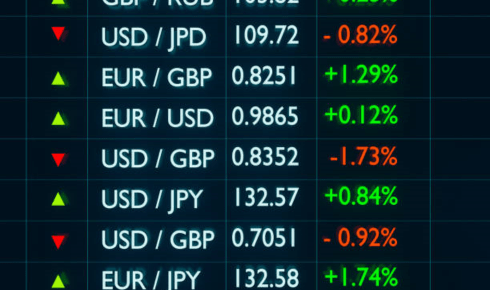Introduction
The rise of online share trading account opening has revolutionized how investors access and trade in the stock market. With just a few clicks, investors can now set up accounts, monitor market trends, and execute trades from the comfort of their homes. This ease of access has significantly broadened participation in the Indian stock market, making it essential to understand the nuances of
Online Share Trading: The Basics
Online share trading allows individuals to buy and sell stocks via digital platforms. The process typically involves:
- Account Opening: Investors need to open both a Demat and trading account. The Demat account holds shares in electronic form, while the trading account facilitates buying and selling.
- Platform Access: Brokers provide online trading platforms with tools for real-time market analysis, trade execution, and portfolio management.
- Trading Mechanism: Orders are placed electronically, and transactions are executed through stock exchanges like NSE and BSE. This system offers greater speed and efficiency compared to traditional methods.
SEBI’s Role in Regulating Online Trading
The Securities and Exchange Board of India (SEBI) is pivotal in regulating online trading to ensure market integrity and protect investor interests. SEBI’s contributions include:
- Regulations and Guidelines: SEBI enforces guidelines for online trading platforms to ensure transparency, fairness, and security. These include rules for disclosure of charges and maintaining data privacy.
- Investor Protection: SEBI mandates that brokers follow strict KYC (Know Your Customer) norms and provides mechanisms for resolving grievances.
- Market Surveillance: SEBI monitors trading activities to prevent manipulation and fraudulent practices, maintaining the overall health of the market.
Current Market Trends in Indian Stock Exchanges – Share Market Online Trading Account
As of 2024, the Indian stock market has witnessed significant trends influencing share market online trading accounts:
- Increased Retail Participation: Retail investors have become more active, contributing to a rise in trading volumes. Online platforms have made it easier for individuals to participate in market movements.
- Technology Integration: The adoption of AI and machine learning in trading platforms has enhanced market analysis and trading strategies.
- Regulatory Changes: SEBI has introduced measures to improve market transparency and investor protection, influencing how online trading accounts operate and perform.
Future Outlook for Indian Stock Exchanges
Looking ahead, several factors will shape the future of Indian stock exchanges:
- Digital Innovation: The integration of advanced technologies, including blockchain and AI, is expected to revolutionize trading processes and improve efficiency.
- Regulatory Developments: SEBI is likely to introduce new regulations to address emerging market trends and challenges, aiming to enhance market stability and investor confidence.
- Market Expansion: With ongoing reforms and increasing global interest, the Indian stock market is poised for growth, potentially attracting more international investors.
Conclusion
Navigating the landscape of online share trading involves understanding the account opening process, the regulatory framework provided by SEBI, and current market trends. For beginners looking to start their trading journey, Enrich Money offers the best trading app in India, providing a user-friendly platform with comprehensive tools and support to enhance your trading experience. Embracing these resources can set the foundation for successful investment strategies in the evolving Indian stock market.










